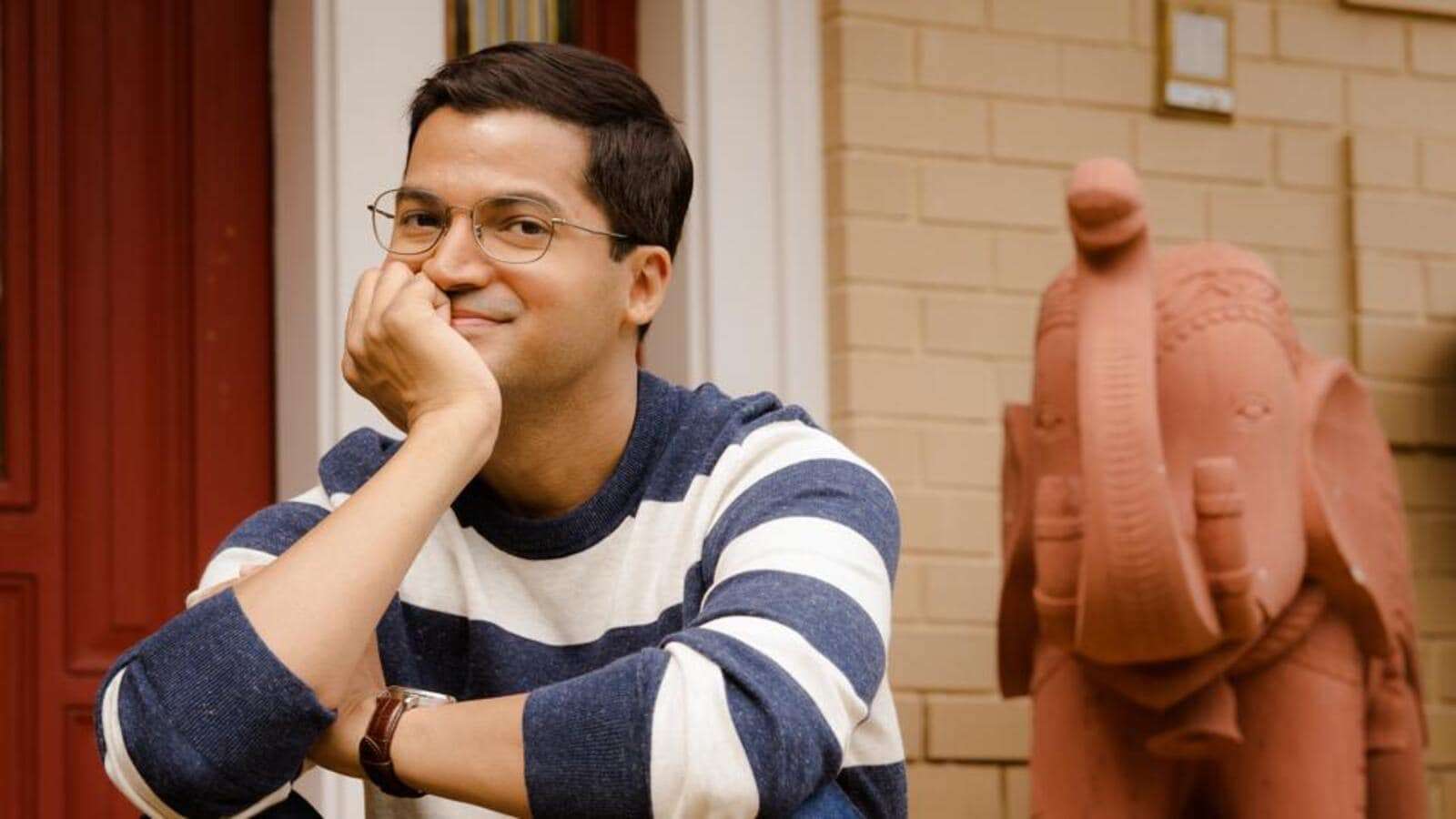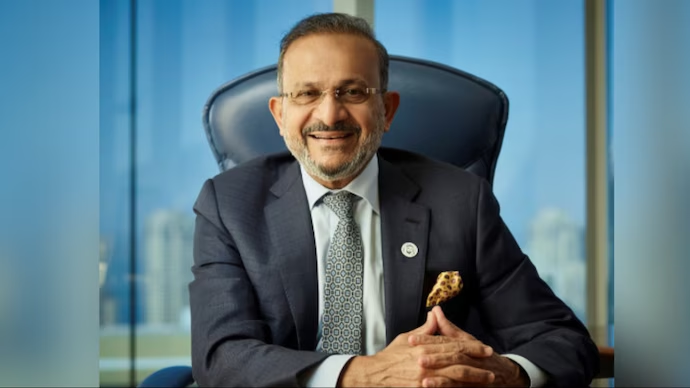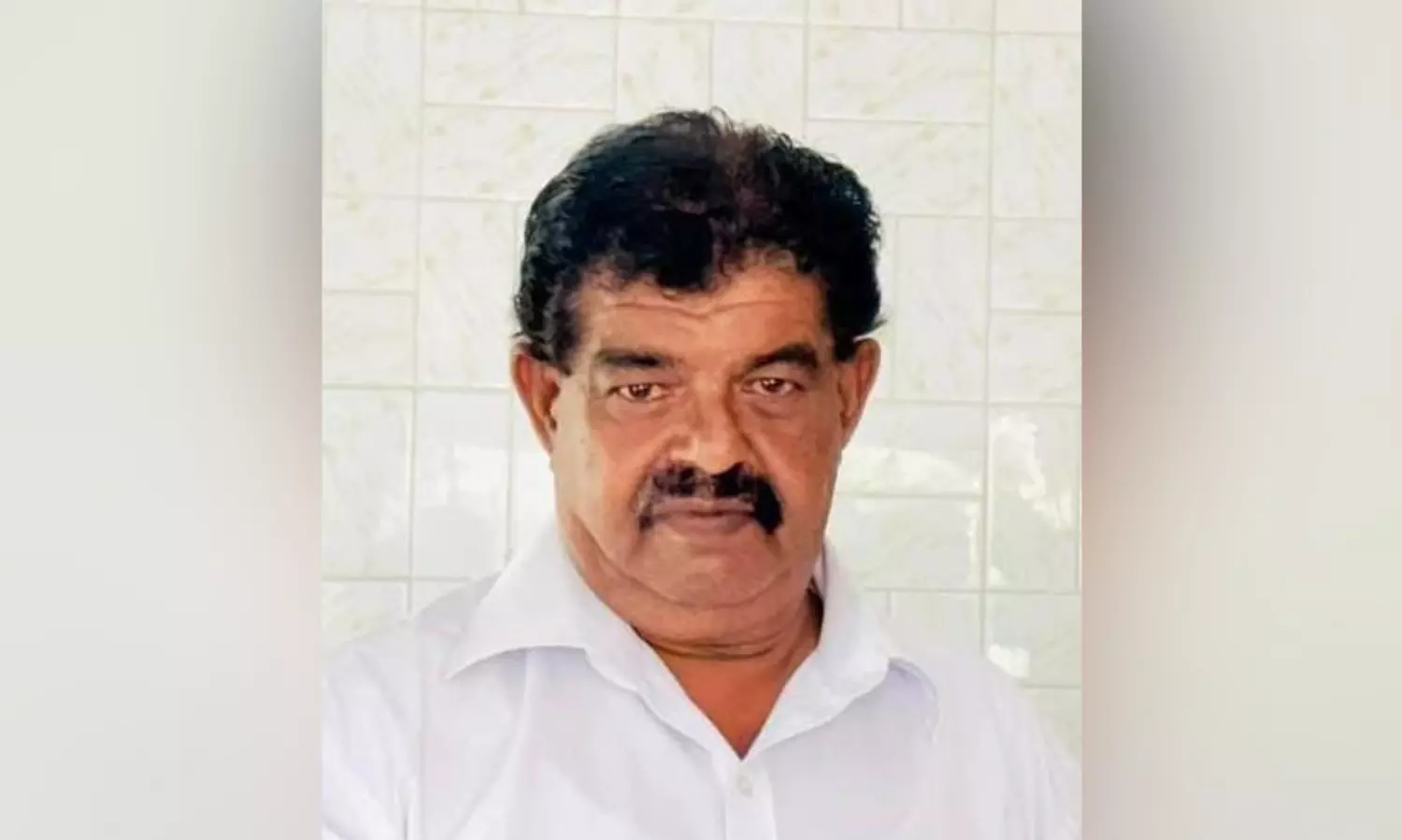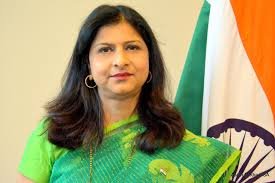He has designed his dream hand, costing only $75, compared to market prices ranging around $70,000 or Rs. 24 lakhs. To achieve his goal, he changed his strategy and began to think like a child
It’s not unusual in our everyday life to come across reports/stories of
people who willingly lend a hand to friends, neighbours –- sometimes even strangers, as a Samaritan gesture of goodwill.
But here in India, in Khandwa Madhya Pradesh, a young, third-year engineering dropout is doing more than just lending a hand. He is actually giving away hands free of charge to people who don’t have hands and have had to lead a miserable life because of this severe disability.

Yes, indeed, 26-year-old Prashant Gade has successfully designed a prosthetic arm which costs only Rs 5000, approximately $75. This is less than a mili-fraction of prices in the market. Bio-medical engineering firms in India, China, the US and Europe had quoted a staggering sum of $70,000, approximately Rs 24 lakhs for two prosthetic arms when he had approached them earlier.
Prashant hadn’t the faintest idea about how much time he would have to spend in search of his ephemeral, elusive dream. But despite the overwhelming odds before him, at no stage did the thought of giving up ever cross his mind.
Like a man possessed, he worked with just one goal, to keep going on until he finds a solution to his problem.
“All along, my motivation came from a seven-year-old girl, Shreya”, says Prashant. She was born without hands. Two stumps protruded from her shoulders where her hands should’ve been. In my worst moments of despair, when it seemed as if I couldn’t go on any further, her smiling face would appear before me, with that imploring look in her eyes. I knew I couldn’t stop and turn back; I couldn’t let her down”.
The other factor that fired his imagination and powered his motivation to do something for armless people and build a prosthetic arm was the fact that in India over 5 lakh people lose their limbs every year. Over 85 per cent of such people are compelled to live out the rest of their lives without any kind of hope for a solution.

But before we go any further, we need to take a peek into his life to understand the circumstances that led him to become such a diehard crusader.
As a child, Prashant was keen on becoming an engineer, inspired by the things his grandfather, a retired engineer, would tell him. The young child was himself keenly interested in robotics and would in his spare time read up as much as he could on the subject on the internet. It followed as a matter of course he should pursue his goals further and join an engineering college.
But in a short time, disillusionment set in, so in his third year of engineering studies, he decided to drop out. Looking back, Prashant says. “It was the right decision for me. I realised that this was not the right road for me because it would never lead me to the place where I wanted to be or to do the thing I wanted to do and find my dreams”.
What powered his motivation was the fact that in India over 5 lakh people lose their limbs every year. Over 85 per cent of such people are compelled to live out the rest of their lives without any kind of hope for a solution.
For Prashant, the motivation of just passing with good grades, finding a good job and making a lot of money with a successful career just didn’t seem good enough. It somehow seemed to go against his beliefs and ideals that the purpose of a good education was to motivate young students to explore, learn and create.
By a stroke of good luck, Prashant was able to get admission in a robotics company, Fab Labs in Pune, offering a six-month course in robotics with a monthly stipend of Rs 5000. Although it was too meagre an amount, Prashant accepted the offer thinking only about the long-term benefits and how it would help in his goal to ultimately build an easy-to-fix, easy-to-use, affordable prosthetic arm.
During his stay at Fab Labs he never stopped working on his dream project. He built more than a hundred prototypes, but success seemed to elude him every time. It always seemed as if success was tantalizingly within his grasp, and yet it would slip out of his reach just when he thought he had found a solution. Simultaneously, Prashant enrolled in a distance learning programme in robotics with the Massachusetts Institute of Technology (MIT)
Back home in Khandwa, Prashant’s parents began to tire of his wayward ways and dismissed all his efforts as a fool’s errand. All their entreaties to their son to come back to the real world, finish his education and find himself a decent job were of no avail. In sheer exasperation, his father told him he was no longer in a position to support him financially.
But this did not deter Prashant. To conserve his limited funds, he would eat just one meal in a day, but he continued with his experiments and trials for a prosthetic arm. Meanwhile, he approached an institute in Jaipur, the very same one where the world-famous Jaipur Foot was designed and earned for its maker Pramod Karan Sethi, an Orthopaedic Surgeon, the international Ramon Magsaysay Award and the Padma Shri from the Indian government. Sethi co-invented the Jaipur foot with his partner, Ram Chandra Sharma, in 1969.
The Jaipur institute gave him a grant of Rs. 50,000 with the clear stipulation that his prosthetic arm must not cost more than $100. Around this time, a video he had posted on YouTube, caught the attention of a scientist in the US, who invited and sponsored his trip to America. The scientists there were impressed with his work thus far and gifted him ten 3-D Printers for his work.
Back in India, Prashant began working with redoubled passion and zeal. He set up an NGO, the Inali Foundation, named after his girlfriend, Inali Wahane, in 2016. Speaking about her, he says, “during the times when no one, including my parents, was ready to believe me, she was the one person who stood by me and had implicit faith in whatever I was doing”.
He soon came up with his dream hand, which only costs $75. How did he achieve what even renowned scientists believed couldn’t be done at that ridiculously low cost?

Prashant says: “I completely changed my way of thinking; I began to think like a child; the end result was that I made the very first successful prosthetic arm out of components taken out of child’s toy, a hot water bag, a badminton racquet and rubber bands. He modified the toys crane arm to design the fingers; the gut from the badminton racquet served him admirably as tendons to control the movement of the fingers, and pieces cut out from the hot water bag served as the fingertips of his prosthetic hand.
Among his first recipients was a one-armed lady, Sita. Prashant recalls that after she was fitted with the arm, she began to cry. “I was taken aback and asked her if there was something wrong. She looked at me, gratitude written all over her face and replied: ‘For the first time, I can now comb my seven-year-old daughter’s hair’. In her moment of mixed emotions – shock, disbelief, gratitude, intense joy and exhilaration – I realised this was the surest and purest way to have found God. I too shed tears of joy”.
As of now, the Inali Foundation has fitted about 3500 persons with his Inali Prosthetic arms free of cost. Deeply impressed by the charitable work Prashant has been doing among the poor and needy in the rural areas of the country, Sudha Murthy, Padma Shree awardee, and wife of Infosys co-founder, N. R. Narayana Murthy,
has taken him under her wings as a protégé. Besides her main work with Infosys, she is also a writer, actor and philanthropist.
Prashant says that he will continue working towards far better and cheaper models. “Someday, I hope to wipe out forever the word ‘disability from the dictionary. Now that’s another big dream. But Prashant has always believed in dreaming impossible dreams. Give him a big hand folks!









